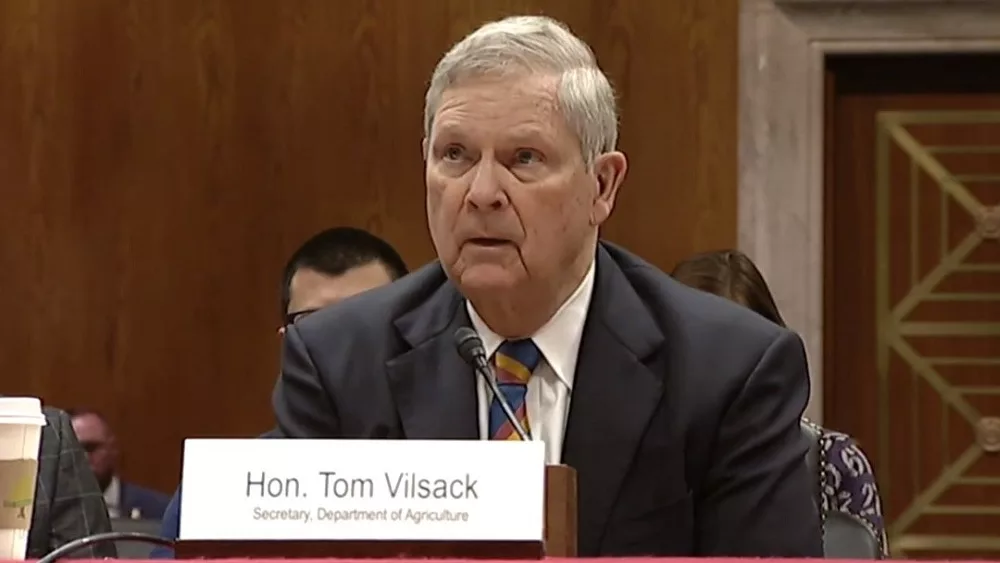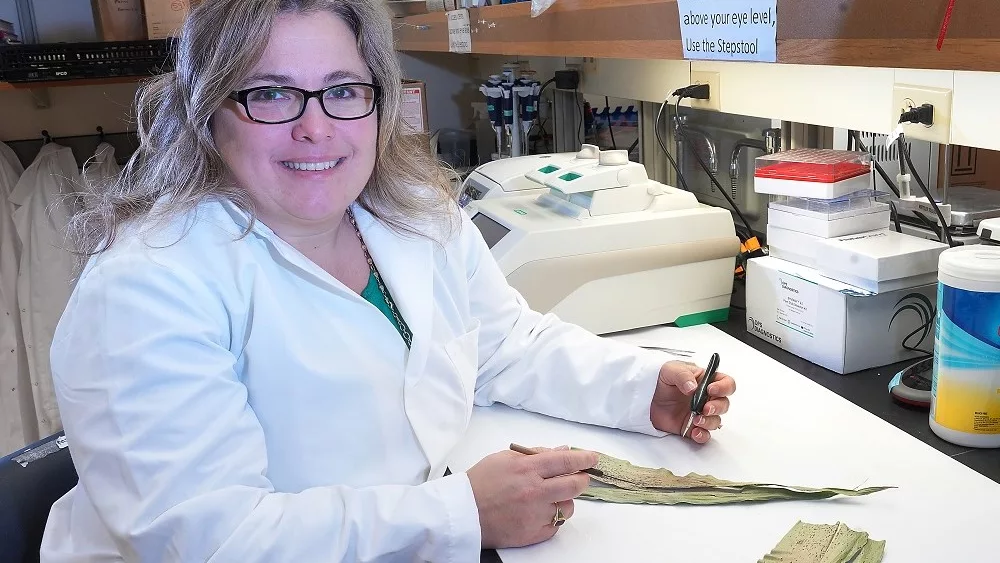Now on the table in Washington is new legislation that addresses recent court decisions which dealt a blow to year-round sales of E15 gasoline with a 15 percent blend of ethanol. The House bill is called the Year-Round Fuel Choice Act and the Consumer and Fuel Retailer Choice Act has been introduced in the Senate.
Renewable Fuels Association President and CEO Geoff Cooper spoke Wednesday morning at the International Fuel Ethanol Workshop in Des Moines of potential impacts of a Supreme Court decision on small refinery exemptions and the D.C. Circuit Court decision to reverse year-round E15 sales.
“RFA along with the National Corn Growers, the National Farmers Union and ACE, put an enormous amount of time and energy into securing and defending that 10th Circuit ruling that had overturned small refinery exemptions,” he said. “This was certainly not the result we were looking for or expecting from the Supreme Court. Likewise RFA and the other biofuel interveners in the E15 RVP case, Growth Energy and NCGA, were also looking for a decidedly different outcome. But now that we’ve had more time to digest what these court rulings really mean, we think both decisions will prove to be hollow and short lived victories for oil refiners who remain intent on keeping ethanol in an E10 box.”
Senators Deb Fischer (R-NE) and Amy Klobuchar (D-MN) and U.S. Representatives Angie Craig (D-IA) and Adrian Smith (R-IL) led the effort on the new bills and Cooper thanked them for their quick work following the July 2 ruling of the D.C. Circuit.
“These bills will make it abundantly clear that the intent of Congress is to allow the year-round use of lower-cost, lower-carbon, American-made E15,” Cooper said. “Increasing drivers’ access to higher-level blends like E15 remains a top priority for RFA, and we are committed to working with these leaders in Congress, and the Biden administration, to make that a reality.”
At the workshop Cooper was optimistic about the industry now and for the future, especially coming out of all the pandemic-related issues last year.
“Even with these recent letdowns, I would argue that the ethanol industry is still in a stronger position today than we’ve been in for years. Our outlook remains bright, and things are not nearly as bad as the headlines or our opponents would like us to believe.”
Cooper highlighted that ethanol can play a major role in efforts to greenhouse reduce emissions from the transportation sector, especially if additional state low-carbon fuel standards, or a national LCFS program, are adopted.
“Even after accounting for all of energy and emissions associated with every step of the ethanol production process, today’s corn starch ethanol is shown to reduce greenhouse gas emissions by nearly 50 percent compared to gasoline,” he said. “Clearly, we are already on our way to ‘net zero’ with ethanol. Proper accounting of soil carbon accumulation in corn fields, using biogas for thermal energy, or adopting carbon capture and sequestration could make corn ethanol carbon neutral—or even carbon negative.”
Source: https://energy.agwired.com/





